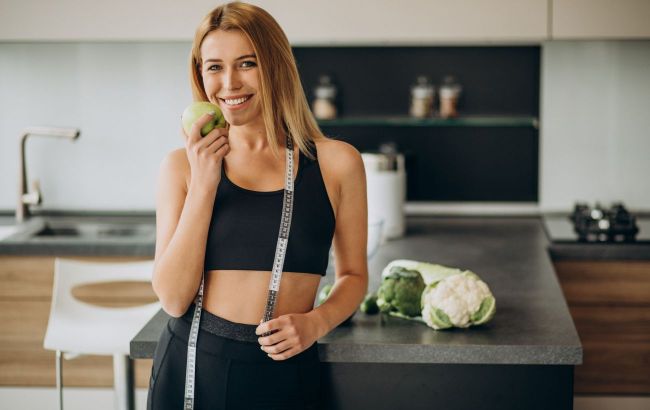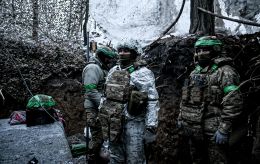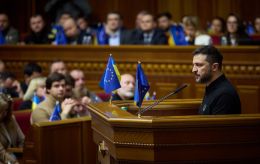Forget clock: When you should really eat after workout
 Photo: When can you eat after workout (freepik.com)
Photo: When can you eat after workout (freepik.com)
When can you eat after a workout to lose weight? Is the so-called critical "anabolic window" real, the one that must be urgently "closed" with proteins and carbohydrates? Or should you perhaps avoid food for a few hours to maximize fat burning?
RBC-Ukraine answers this question, referring to experts in this field.
Myth of rigid 'anabolic window'
For years, the idea was spread about the existence of a short period (usually 30-60 minutes) after a workout, when the body is allegedly most receptive to absorbing nutrients for muscle growth. However, numerous studies have shown that for most people, this "window of opportunity" is much wider and can last for several hours. The determining factor for effective recovery, muscle tissue repair, and growth is not so much the immediate intake of food, but the total amount of protein and calories consumed throughout the day. If you had a full meal 1-3 hours before your workout, your body still has available amino acids and energy, which reduces the urgency of a post-workout snack.
Should you starve to burn fat?
The other extreme is consciously refusing to eat for 1-2 hours after physical activity, hoping to prolong the fat-burning process. Although exercise does increase the metabolic rate for a certain time (the so-called EPOC effect – excess post-exercise oxygen consumption), food intake will not stop the weight loss process if your overall daily energy balance is in deficit.
Moreover, overly prolonged fasting after intense exertion can be counterproductive: it can intensify the breakdown of muscle tissue (catabolism), cause excessive hunger, and as a result, lead to overeating during the next meal. The key to fat loss is a stable calorie deficit over a long period of time, not short-term manipulations.
What and when to eat: Practical recommendations
After a workout, the body needs resources for recovery. The optimal option is a combination of:
Proteins: for "repair" and building muscle fibers (for example, lean meat, fish, eggs, cheese, legumes, tofu, protein shake).
Carbohydrates: for replenishing glycogen stores – the main energy source for muscles (for example, whole grain cereals, bread, potatoes, fruits, vegetables).
For the vast majority of people who exercise for general health, staying in shape, losing weight, or gradually gaining muscle mass, it is enough to eat within 1–3 hours after completing a workout. This may be a full meal (lunch or dinner) or a balanced snack.
Listen to your body and hunger signals. If you worked out on an empty stomach, eating earlier (within an hour) may be more appropriate. A stricter approach to timing may be justified for professional athletes or people who have several intense workouts a day.
You may also be interested in:
- 5 lifestyle changes that will help easily prepare your body for summer
- A little-known reason that prevents women from losing weight
- Snack #1 that promotes easy and fast weight loss
Sources: Viktor Mandziak's Facebook page, WomensHealth.
This material is for informational purposes only and should not be used for medical diagnosis or self-treatment. Our goal is to provide readers with accurate information about symptoms, causes, and methods of detecting diseases. RBС-Ukraine is not responsible for any diagnoses that readers may make based on materials from the resource. We do not recommend self-treatment and advise consulting a doctor in case of any health concerns.

